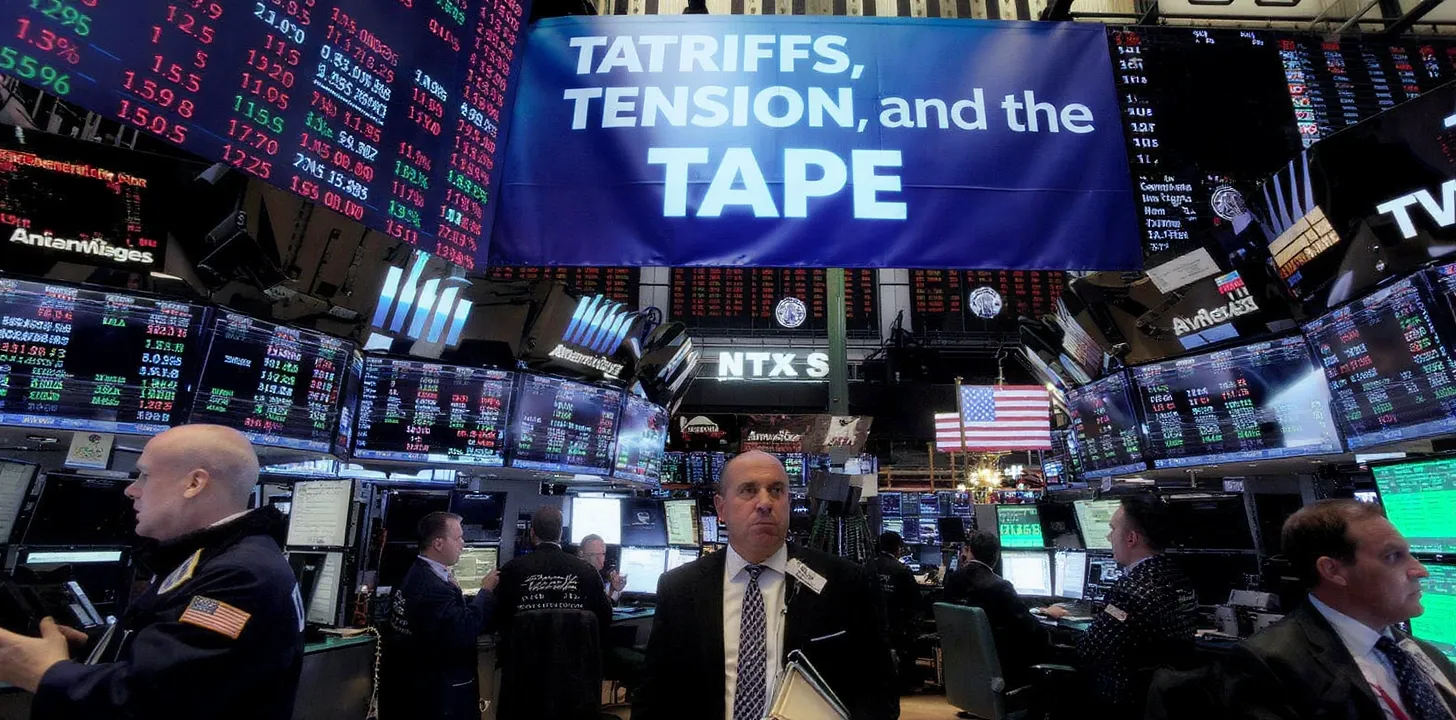Trading Bitcoin in trending markets provides unique opportunities to capitalize on directional momentum, whether bullish or bearish. A trending market, defined by sustained price movements in one direction, requires strategies and frameworks to maximize returns and mitigate risks. This guide offers proven techniques for navigating Bitcoin’s trends effectively, from identifying momentum to executing trades with precision.
Understanding Trending Markets
Trending markets are characterized by consistent directional price movements. In an uptrend, Bitcoin shows higher highs and higher lows, indicating positive momentum. Conversely, a downtrend features lower lows and lower highs, signaling bearish pressure. Recognizing these trends is essential for selecting appropriate strategies and maximizing opportunities.
Strategies for Trading Bitcoin in Trending Markets
1. Moving Average Crossover
Moving averages help smooth out price data, highlighting trends and potential reversals:
- Select Moving Averages: Use combinations like the 50-day and 200-day MA for long-term trends or 9-day and 21-day MAs for shorter-term trends.
- Identify Crossovers: A short-term MA crossing above a long-term MA signals a buy opportunity (bullish trend), while a downward crossover suggests a sell opportunity (bearish trend).
- Golden and Death Cross: A “Golden Cross” (50-day MA above 200-day MA) signals strong bullish momentum, while a “Death Cross” (50-day MA below 200-day MA) indicates bearish momentum.
2. Trendline Analysis
Trendlines visually represent a trend's direction and strength:
- Draw Accurate Trendlines: Connect significant highs (downtrend) or lows (uptrend) to establish support and resistance levels.
- Confirm the Trend: Use tools like the Relative Strength Index (RSI) or Average Directional Index (ADX) for additional validation.
- Trade at Key Levels: Buy near upward trendlines (support) in a bullish trend and sell near downward trendlines (resistance) in a bearish trend.
3. RSI for Trend Continuation
The Relative Strength Index (RSI) helps gauge trend momentum and identify overbought or oversold conditions:
- Monitor RSI Levels: In bullish trends, an RSI above 50 signals strong momentum; in bearish trends, an RSI below 50 confirms downward pressure.
- Divergence: Bullish divergence (lower price, higher RSI) suggests potential upward reversal; bearish divergence indicates the opposite.
- Adjust Thresholds: In strong trends, adapt RSI thresholds to avoid premature exits (e.g., RSI staying above 70 in bullish trends).
4. Fibonacci Retracement
Fibonacci levels identify potential reversal points within a trend:
- Apply Fibonacci: In an uptrend, measure from the recent low to high. Levels like 38.2%, 50%, and 61.8% often act as support.
- Exit at Extensions: In a bullish trend, target profit-taking at levels like the 161.8% extension to maximize gains.
Frameworks for Consistent Trading
Framework 1: Trend Confirmation Before Entry
Confirm trends using multiple indicators to avoid false signals:
- Combine Tools: Pair moving averages with ADX and volume indicators for stronger confirmation.
- Set Triggers: Only trade when multiple signals align (e.g., bullish crossover, high ADX, and RSI above 50).
Framework 2: Risk Management and Position Sizing
Minimize risks in volatile markets with robust risk management:
- Stop-Loss Orders: Place stop-losses below key support levels to limit potential losses.
- Position Sizing: Allocate no more than 1-2% of your capital per trade, reducing the impact of losses on your portfolio.
Conclusion
Trading Bitcoin in trending markets requires discipline, strategy, and robust risk management. Techniques like moving average crossovers, RSI analysis, and Fibonacci retracement offer actionable frameworks for navigating trends. Platforms like CMS Prime provide tools and insights to enhance your trading strategies, empowering you to capitalize on market opportunities while minimizing risks. Happy trading!



